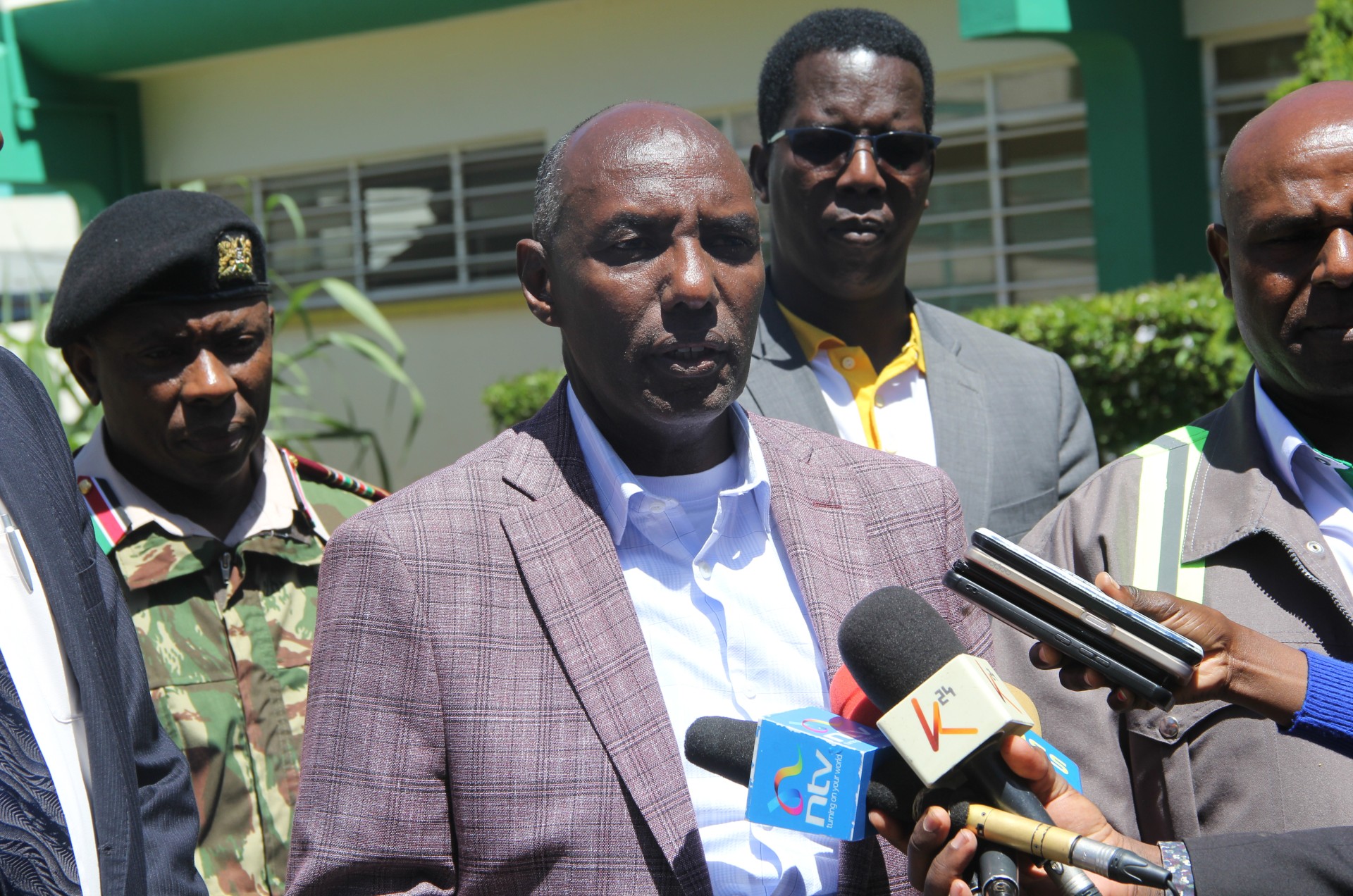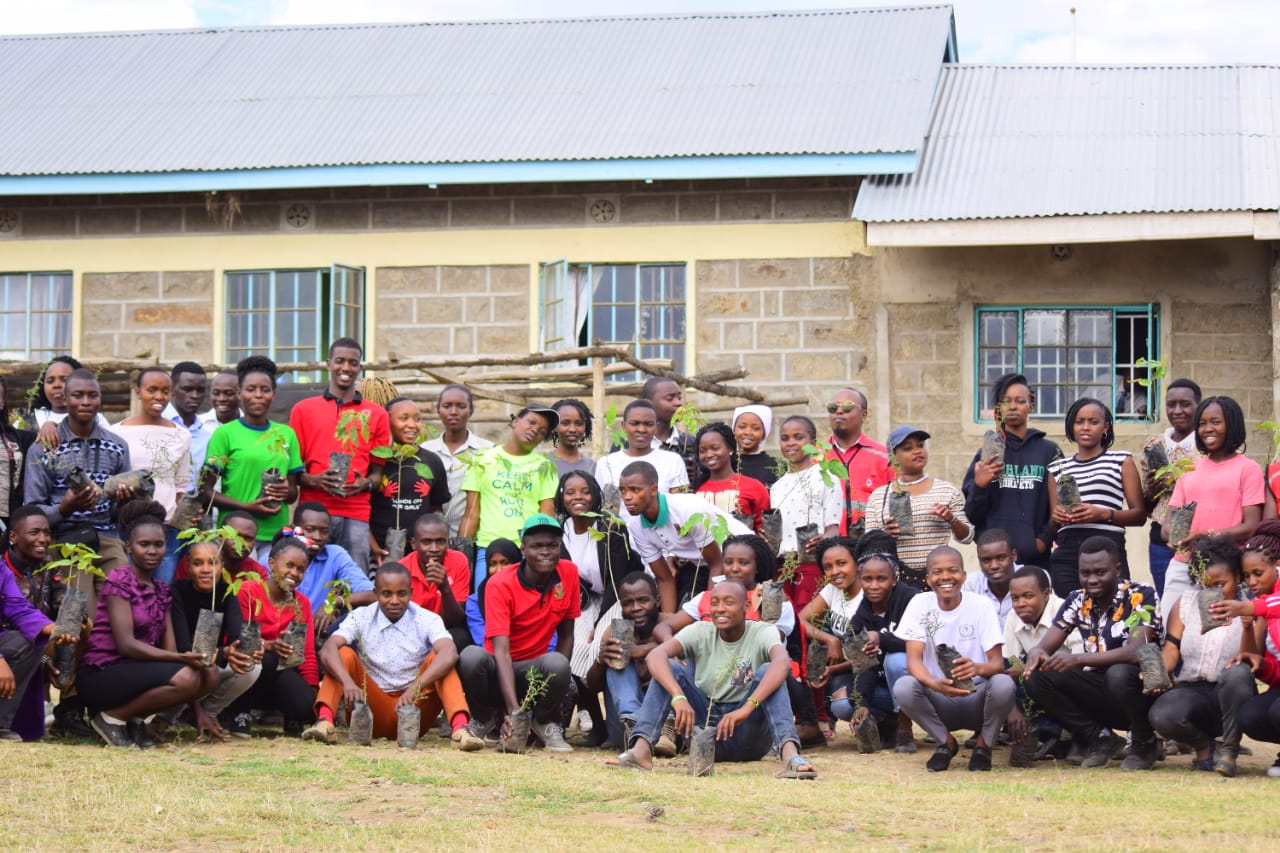Farmers have been advised to have their soils tested frequently to determine the levels of acidity and alkalinity as a way of increasing food production in the country.
Soil testing, according to soil experts, will help farmers to evaluate the fertility and nutrient status of the soil and provide guidance on the type and amount of manure based on soil value and the crop.
Speaking in Bungoma town during the world soil day celebration, the officer in charge of advocacy programmes at Participatory Ecological Land Use Management (PELUM) Mary Irungu said that the day aimed at bringing farmers attention to conservation and sustainable soil management practices.
She said the day is marked annually to raise awareness about soil degradation that is causing environmental problems that affect food production.
She attributed poor soil management to the rising food shortages in the country adding that the negligence towards environmental norms by industries and mismanagement of agricultural land worsens the condition of the soil.
Irungu asked farmers to increase forest cover as a way of fighting climate change, adding that frequent deforestation is a major threat to water sources.
“Degradation of the soil leads to erosion, loss of organic matter and decline in soil fertility,” she added.
Ms. Irungu argues that any discussion about food and nutrition has to begin with maintaining the soil adding that if soils don’t have nutrients then no food will be put on the table.
“If we want to increase food production in our country then farmers should work with the government and agriculture NGOs to help test soils and know the PH levels,” she said.
Ms Irungu encouraged farmers to embrace organic farming arguing that synthetic fertilizers have greatly affected the soils.
She noted that PELUM is a membership networking organization that promotes farmer driven development towards sustainable land management.
She added that the organization also facilitates learning, networking and advocacy on agro-ecological practices for improved livelihoods.
She noted that using organic input during farming increases organic matter in the soil and also acts as manure on the farm.
Ms Irungu said that the organization trains farmers on how they could make compost manure heap for use on their farms.
“Our main aim is to create awareness and ask farmers to embrace the use of organic inputs,” she said.
The officer called on the government to engage all stakeholders and chat the way forward on attainment of food security
Irungu pointed that PELUM is also working in different counties to ensure that Kenya is food secure.
She said that climate change has adversely affected the agriculture sector, hence the need for the government to help regions drill water points so that farmers could get water for irrigation.
She said that the importation of GMOs into the country would affect prices of local farmers produce and dampen morale.
GIZ manager for pro-soil projects in Western and Nyanza regions David Kersting said that GIZ partners with PELUM to sensitize farmers on the importance of maintaining soils and asked farmers to take care of their land and protect it from erosion.
A farmer from Organic Field Limited that produces organic fertilizer, Waithaka Mwangi, noted that organic fertilizer is very good for the soil and is cheap compared to the synthetic fertilizers.
Mwangi said that organic matter improves soil structures saying that a low soil structure encourages soil erosion.


